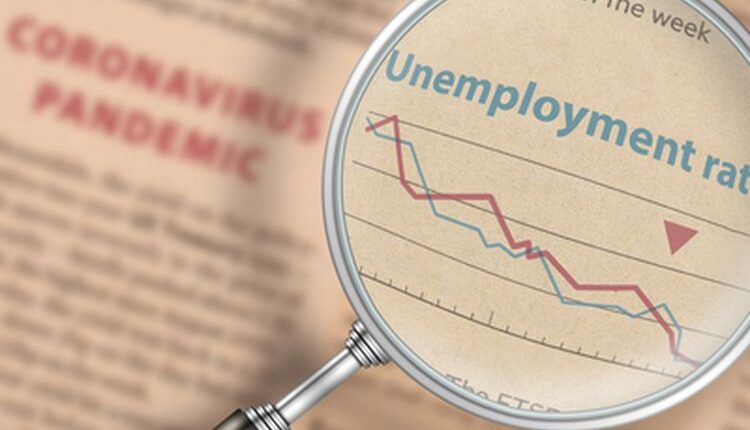By: Deka Prawira)*
Unemployment is a socio-economic problem that deserves attention from all parties. However, the Government also continues to issue various policies that have proven effective in reducing the unemployment rate in Indonesia.
Coordinating Minister for Economic Affairs Airlangga Hartarto assessed that the government’s policies were considered to have been able to reduce the unemployment rate, from 9.77 million people in August 2020 to 9.1 million people in August 2021. He added that the policies carried out by the government were in line with the implementation of programs to reduce unemployment.
He explained that in August 2021, from a total of 140.15 million people in the workforce, there were 9.1 million unemployed or 6.49 percent, which had decreased by 0.67 million people from August 2020 or 7.07 percent of the total workforce.
Meanwhile, the number of people working was 131.05 million or an increase of 2.6 million people compared to August 2020, especially the increase in full-time or part-time workers. Airlangga said the number of unemployed had increased from 7.1 million people in 2019 to 9.77 million due to the Covid-19 pandemic.
He explained that the working age population affected by Covid-19 was 29.12 million people in August 2020 and decreased by 7.8 million people to 21.32 million people in August 2021. In detail, based on the components of the impact of Covid-19 on the working age population, there was a decrease of 0.74 million people unemployed due to Covid-19, from 2.56 million people in August 2020 to 1.82 million people in August 2021.
The decrease also occurred in the non-labor force (BAK) due to Covid-19 as many as 0.06 million people, namely from 0.76 million people in August 2020 to 0.7 million people in August 2021. For people who are temporarily not working due to Covid-19 decreased by 0.38 million, from 1.77 million people in August 2020 to 1.39 million people in August 2021.
Lastly, people working with reduced working hours due to Covid-19 also decreased by 6.62 million, from 24.03 million people in August 2020 to 17.41 million people in August 2021.
These various declines are the result of the government’s efforts to eradicate unemployment, one of which is through the Karu Pre-Employment program with a total distribution throughout 2021 reaching IDR 18.13 trillion for 5.96 million people.
Previously, Airlangga also said Labor20 (L20) in Indonesia’s G20 Presidency must help solve poverty and unemployment as well as fight for benefits for vulnerable groups of workers such as women and people with disabilities. L20 itself is a trade union meeting that has received institutional recognition at the French G20 Summit (Summit) in 2011 so that it is aligned with the B20.
Airlangga said L20 could make piloting, sample questions or lighthouses in order to encourage the transformation of workers towards digitalization, retraining reskilling and the welfare of workers. Thus, Indonesia is expected to be able to lead the G20 member union organizations and invitees from various international institutions in order to agree on real action breakthroughs for the protection of workers.
The Indonesian government in 2021 has provided Wage Subsidy Assistance (BSU) with a budget of Rp. 8.8 trillion for 8.8 million workers and launched the Pre-Employment Card Program which during 2020 to 2021 has reached 11.4 million people.
Meanwhile, Head of the Fiscal Policy Agency (BKF) of the Ministry of Finance, Febrio Kacaribu, said that the economic recovery is getting stronger in line with the decline in unemployment and increased employment.
Febrio said the unemployment rate due to Covid-19 also decreased by 29 percent from 2.6 million in August 2020. Workers laid off due to the pandemic also decreased from 1.8 million in August 2020 to 1.4 million people in August 2021.
On the other hand, employment has increased by around 2.6 million people with a labor force growth of 1.4 percent in August 2021. In 2022, the government will also continue to actively seek economic recovery measures in order to optimize the absorption of new workers, including workers. previously affected by the pandemic.
The reduced unemployment rate is good news for the Indonesian economy, this means that the poverty rate will also decrease and more people in Indonesia will get out of the poverty trap.
)* The author is a contributor to Pertiwi Institute
